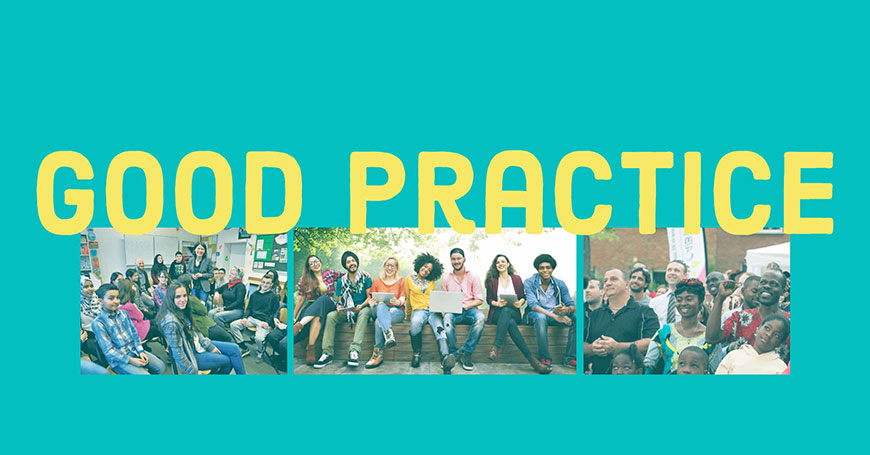Intercultural cities: good practice examples

The first step is the adoption (and implementation) of strategies that facilitate positive intercultural encounters and exchanges, and promote equal and active participation of residents and communities in the development of the city, thus responding to the needs of a diverse population. The Intercultural integration policy model is based on extensive research evidence, on a range of international legal instruments, and on the collective input of the cities member of the Intercultural Cities programme that share their good practice examples on how to better manage diversity, address possible conflicts, and benefit from the diversity advantage.
This section offers examples of intercultural approaches that facilitate the development and implementation of intercultural strategies.
Democratic citizenship in Ansan
Under the Public Official Election Act of the Republic of Korea, only Korean nationals aged 25 or older may run for a local election. Those with foreign nationality are not allowed to be a...
Council for civil society development
Purpose: Civil society organizations working in the social field and organised in the network “Platform for local NGOs’ in Botkyrka” and politicians from Botkyrka have established a joint Council...
Equality Planning
Purpose: The municipal council in Botkyrka has developed specific systems to advance the goal of an equal Botkyrka and give expression to its values that include: citizen-focus, diversity as an...


